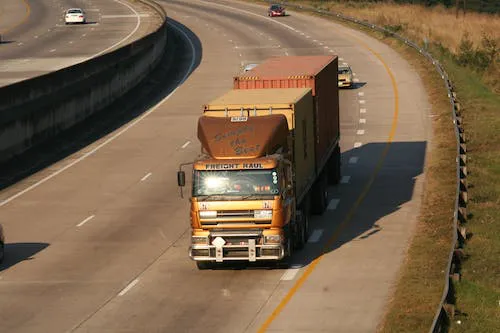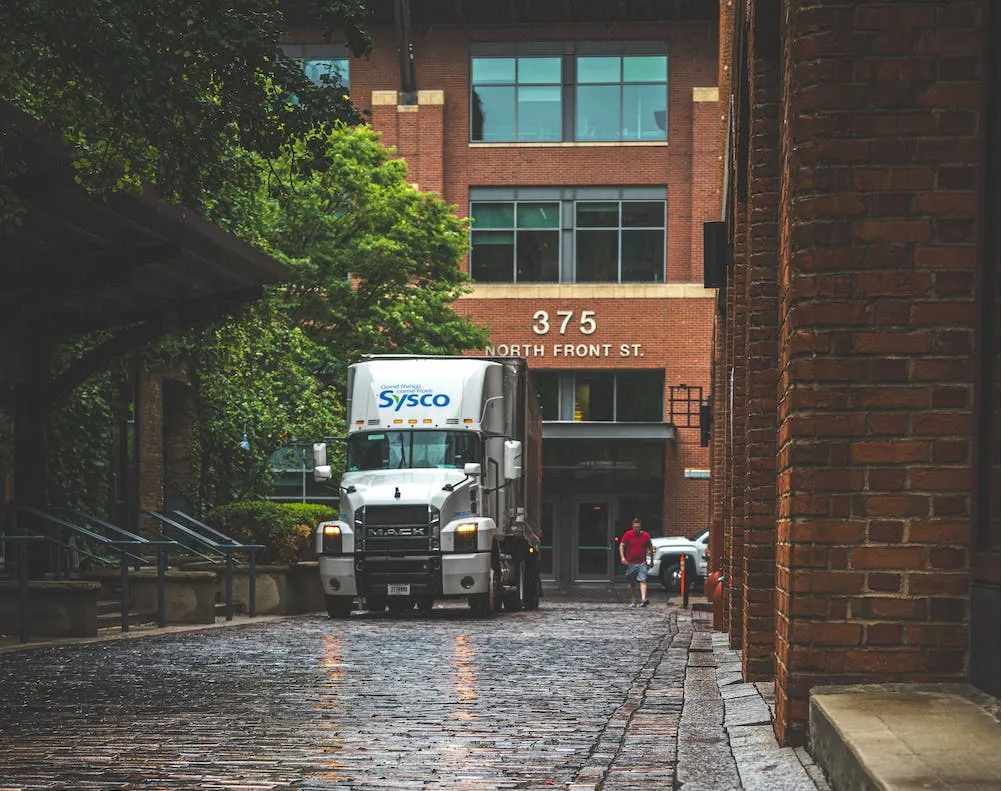Safety First: Fostering Excellence in Trucking Operations
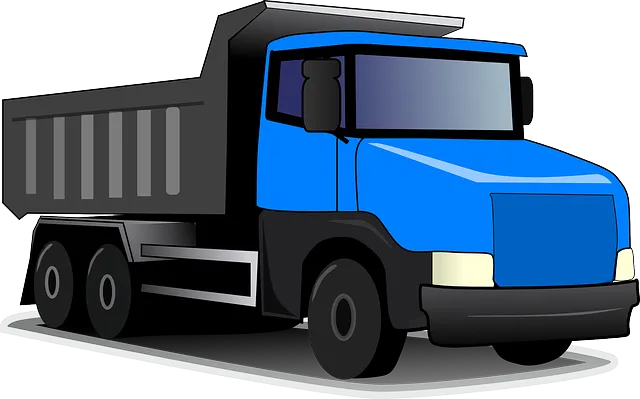
The American trucking industry is the lifeblood of our nation’s economy, hauling a staggering 72.5% of all domestic freight, according to the American Trucking Association [ATA]. But this critical role comes with inherent dangers. Statistics from the Federal Motor Carrier Safety Administration (FMCSA) reveal that large trucks were involved in over 460,000 crashes from 2021-22 alone, resulting in nearly 5,000 fatalities [FMCSA]. These numbers paint a sobering picture, highlighting the importance of prioritizing safety within trucking companies.
Enter the concept of a trucking safety culture. This goes beyond simply complying with regulations. It’s about fostering a work environment where safety is a core value embedded in every aspect of daily operations. Let’s dive deeper into how to cultivate this vital foundation for excellence.
Understanding the Landscape: Safety Concerns in Trucking Operations
Before diving into the specifics of safety culture, it’s important to understand the trucking industry and the related safety issues.
Types of Trucking Operations
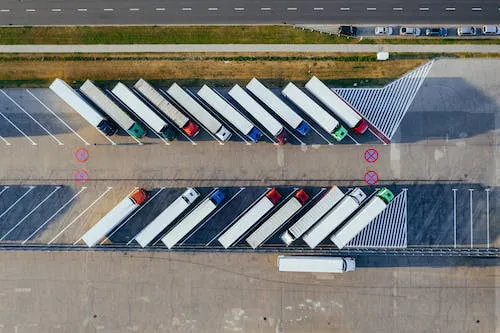
Trucking operations vary widely based on industries served, types of cargo transported, and operational models adopted. From long-haul freight to local deliveries, each type of operation presents unique challenges and risks.
- Long-Haul Freight:Long-haul trucking involves transporting goods across vast distances, often crossing state lines. Drivers face extended hours behind the wheel, fatigue, and navigating unfamiliar routes, increasing the likelihood of accidents.

A semi-trailer truck on a smooth road during daytime - Local Delivery: Local delivery operations focus on transporting goods within a specific region or metropolitan area. While drivers may encounter less time on the road, navigating congested urban environments and frequent stops pose their own set of safety challenges.

A truck driver driving a 6-wheeler on the road - Specialized Freight: Certain trucking operations specialize in transporting hazardous materials, oversized loads, or perishable goods. These operations require adherence to stringent safety protocols and specialized training to mitigate risks effectively. This includes training on handling hazardous materials, safe loading and unloading procedures, and emergency response protocols. Regular inspections and maintenance of vehicles carrying these materials are also crucial.
- Tanker Trucks: These vehicles require specific handling techniques due to their center of gravity. Driver training should emphasize proper loading procedures, safe maneuvering on different road conditions, and rollover prevention strategies.
- Refrigerated Transportation: Maintaining proper temperatures for perishable goods is vital. Driver training should cover safe operation of refrigeration units, cargo securement techniques, and procedures for handling temperature fluctuations.
Key Safety Concerns
Regardless of the type of trucking operation, ensuring safety on the road is paramount. Let’s delve deeper into some common safety concerns and expand on them to provide a comprehensive understanding of the challenges faced by trucking companies and drivers.
1. Driver Fatigue
Driver fatigue remains one of the most pressing safety concerns in the trucking industry. Long hours behind the wheel, irregular schedules, and inadequate rest periods can lead to fatigue, impairing a driver’s judgment, reaction times, and overall cognitive function. Fatigue-related accidents often result in serious injuries and fatalities, making it imperative for trucking companies to address this issue proactively.

Mitigation Strategies:
- Implementing strict hours-of-service regulations to limit driving hours and ensure adequate rest breaks.
- Encouraging drivers to prioritize sleep hygiene and establish regular sleep patterns.
- Providing education on recognizing signs of fatigue and techniques for managing drowsiness effectively.
- Utilizing technology such as fatigue monitoring systems to alert drivers and fleet managers of potential fatigue-related risks.
2. Vehicle Maintenance
Proper maintenance of trucks and trailers is essential to prevent mechanical failures that could lead to accidents on the road. Neglecting routine maintenance tasks, such as brake inspections, tire checks, and fluid levels, can result in catastrophic consequences for both the driver and other road users.
Mitigation Strategies:
- Implementing a comprehensive preventive maintenance program to ensure regular inspections and servicing of all fleet vehicles.
- Conducting pre-trip and post-trip inspections to identify any potential mechanical issues before they escalate.
- Providing training to drivers on basic vehicle maintenance tasks and the importance of promptly reporting any abnormalities or concerns.
- Utilizing telematics and diagnostic systems to monitor vehicle health and identify maintenance needs proactively.
3.Compliance with Regulations

Trucking companies must navigate a complex web of federal and state regulations governing various aspects of their operations. From driver hours-of-service rules to vehicle weight limits and cargo securement requirements, compliance with these regulations is essential to ensure safety on the road and avoid costly penalties.
Mitigation Strategies:
- Maintaining up-to-date knowledge of relevant regulations and ensuring all drivers and staff are trained on compliance requirements.
- Implementing robust systems for monitoring and documenting driver hours, vehicle inspections, and cargo securement practices.
- Conducting regular audits and inspections to identify and address any compliance gaps or violations promptly.
- Collaborating with industry associations and regulatory agencies to stay informed about upcoming changes or updates to regulations.
5.Training and Education
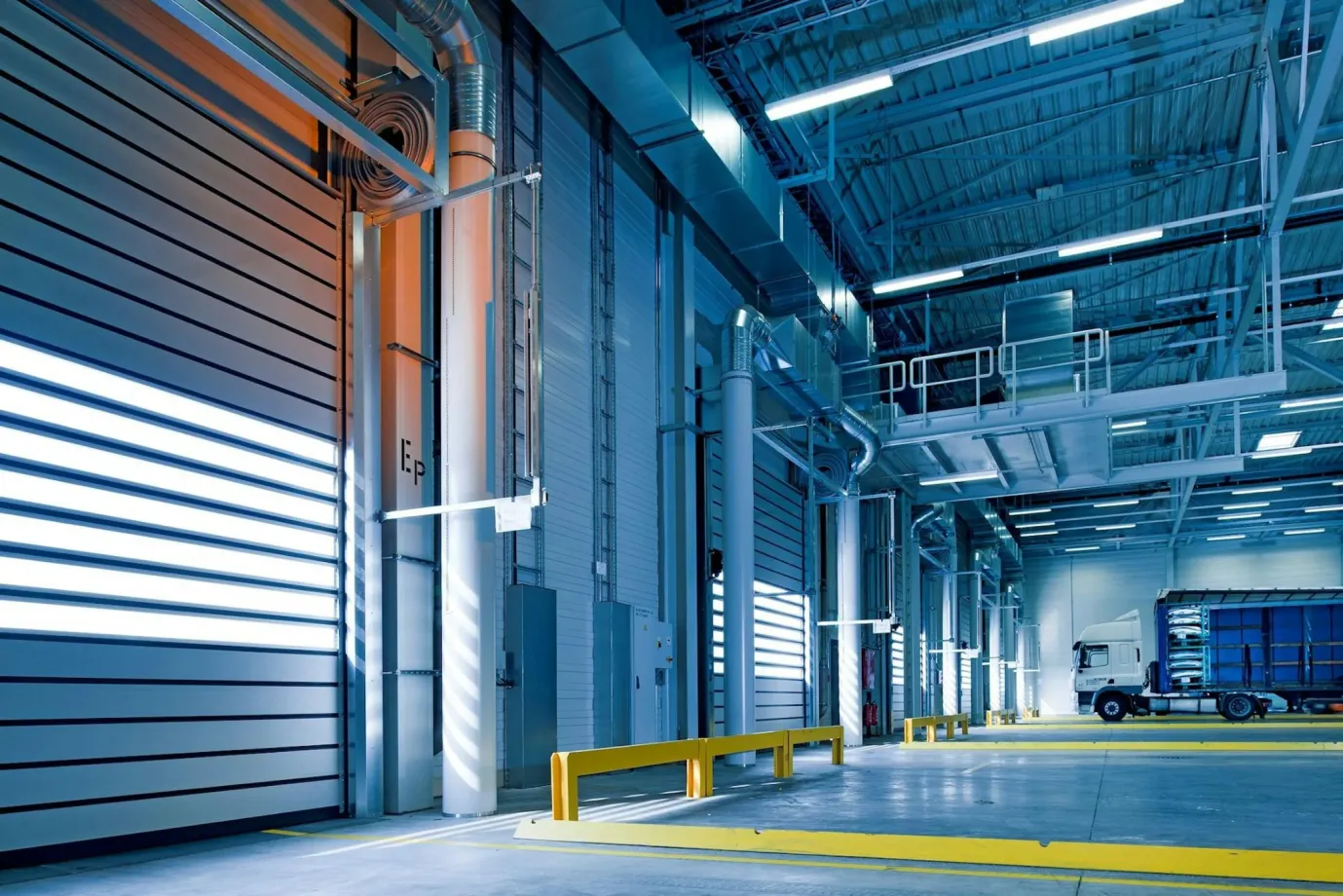
Comprehensive training programs are vital to equip drivers with the skills and knowledge necessary to navigate various challenges safely. From defensive driving techniques to emergency response protocols, ongoing education ensures that drivers are prepared to handle the complexities of the road effectively.
Mitigation Strategies:
- Providing initial training for new hires that covers essential topics such as vehicle operation, traffic laws, and company policies.
- Offering ongoing education and professional development opportunities to drivers, including refresher courses, defensive driving training, and specialized certifications.
- Incorporating hands-on training exercises to offer real-world driving scenarios and reinforce safe driving behaviors.
- Encouraging a culture of continuous learning and improvement, where drivers are empowered to share experiences and best practices with their peers.
6. Distraction and Inattention
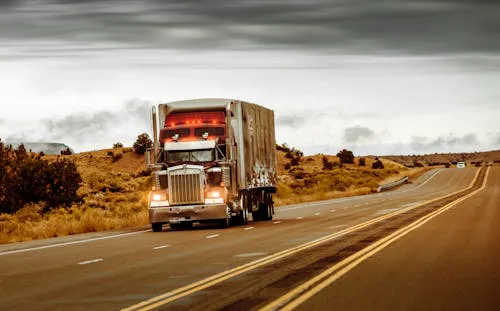
In an era of smartphones and constant connectivity, distracted driving has emerged as a significant safety concern in the trucking industry. Distractions such as texting, phone calls, and in-cab technology can divert a driver’s attention away from the road, increasing the risk of accidents.
Mitigation Strategies:
- Implementing strict policies prohibiting the use of handheld devices while driving and encouraging drivers to pull over in a safe location to address any distractions.
- Installing hands-free communication systems and voice-activated controls to minimize the need for manual interaction with technology while driving.
- Providing education and training on the dangers of distracted driving and techniques for maintaining focus and attention behind the wheel.
- Utilizing telematics and onboard monitoring systems to track driver behavior and identify instances of distraction or inattention.
The Pillars of a Strong Trucking Safety Culture

1. Leadership that Leads by Example
Effective leadership is more than just issuing directives—it’s about leading by example. Remember that a strong safety culture starts at the top. Company leadership sets the tone and establishes clear expectations. This means actively promoting safety initiatives, allocating resources for training and technology, and demonstrating a commitment to safe driving practices. Leaders who prioritize safety send a powerful message,from executive levels down to frontline workers, which resonates throughout the organization.This commitment fosters trust, transparency, and a collective sense of responsibility for safety outcomes.
2. Open Communication and Feedback
Open and transparent communication is essential for cultivating a safety-focused culture. Trucking companies should clearly communicate safety policies, procedures, and expectations to all employees. Regular safety meetings, training sessions, and feedback mechanisms provide opportunities for dialogue and continuous improvement. But that’s not all.
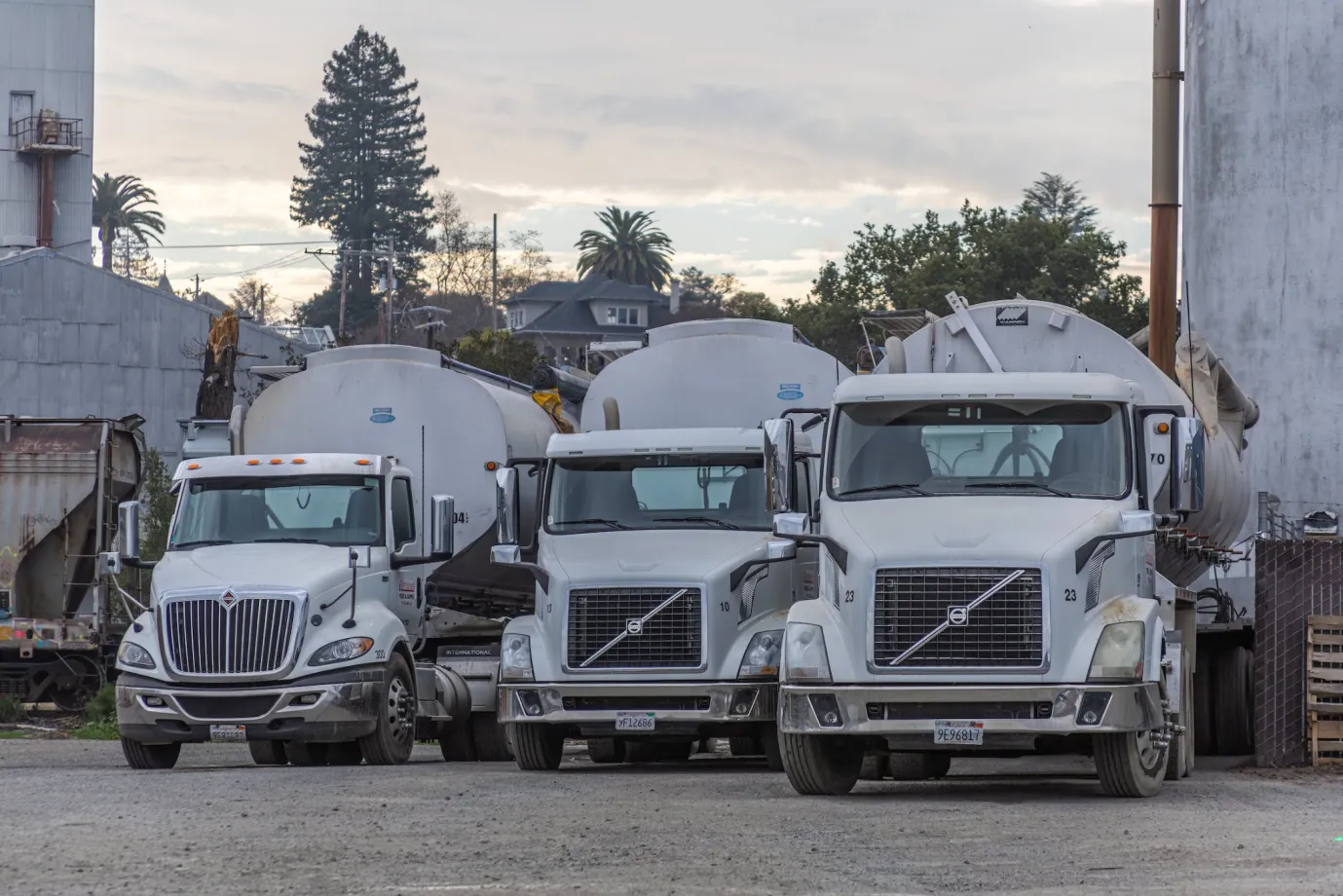
Drivers should feel empowered to report safety concerns, near misses, and potential hazards without fear of reprisal. Companies can establish anonymous reporting systems or regular safety meetings to facilitate this two-way communication. Leaders who actively listen to driver feedback demonstrate a commitment to addressing safety concerns and fostering a collaborative environment.
3. Investing in Training and Development
Investing in ongoing driver education is paramount. Training programs should not only cover the basics of defensive driving and FMCSA regulations but also address industry-specific safety concerns and increase situational awareness. For example, companies specializing in hazardous materials transportation would require specialized training for drivers handling these materials. CDL coaching programs like those offered by SunState CDL can provide valuable resources for both new and experienced drivers, ensuring they possess the necessary knowledge and skills to navigate the roads safely.

Entry-Level Driver Training (ELDT)
Entry-level driver training (ELDT) programs provide foundational knowledge and skills to aspiring truck drivers. These programs cover essential topics such as vehicle operation, defensive driving techniques, and regulatory compliance. The customized ELDT programs are tailored to the unique needs of companies and individuals, ensuring that drivers are well-prepared for the challenges they’ll encounter on the road.
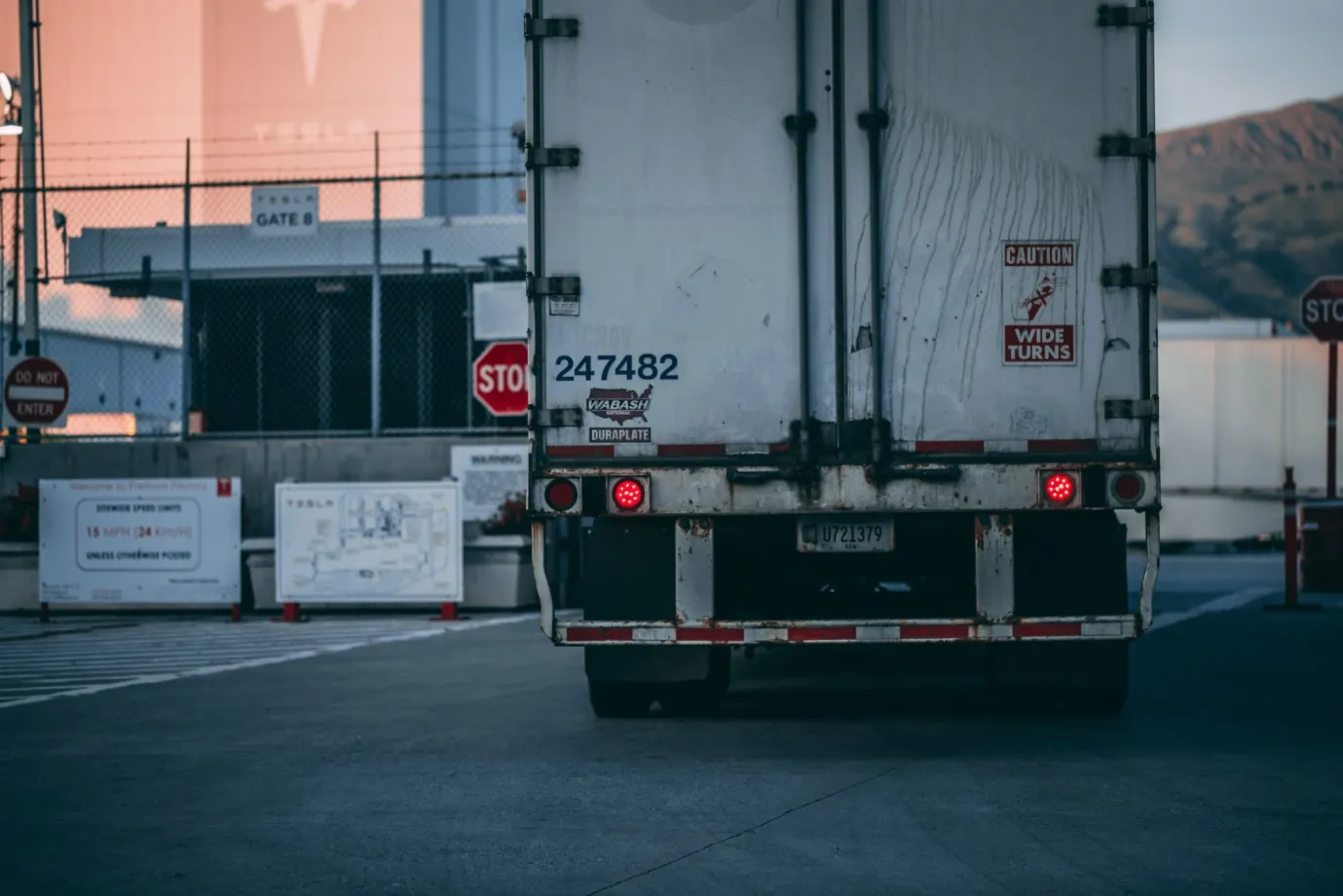
Ongoing Education and Professional Development
Safety education shouldn’t end with initial training—it should be an ongoing process. Trucking companies should invest in continuous education and professional development opportunities for their drivers. From advanced defensive driving courses to specialized training in hazardous materials handling, ongoing education ensures that drivers remain up-to-date on industry best practices and regulatory requirements.
4. Fostering Accountability and Continuous Improvement
Accountability is the linchpin of a robust safety culture. When individuals take ownership of their actions and their impact on safety outcomes, it creates a culture of accountability where safety is everyone’s responsibility.This often includes implementing clear consequences for safety violations alongside a robust system for recognizing safe driving practices. Rewarding drivers for achieving safety milestones or maintaining a clean driving record reinforces positive behaviors and motivates others to prioritize safety.
5. Data-Driven Decision Making
Harnessing the power of data is essential for identifying trends, patterns, and areas for improvement in safety performance. By analyzing metrics such as accident rates, near misses, and compliance data, trucking companies can identify root causes of safety issues and implement targeted interventions to address them.
6. Recognition and Incentives
Recognizing and rewarding safe behavior reinforces the importance of safety culture and encourages ongoing compliance. Incentive programs that recognize drivers for accident-free miles, adherence to safety protocols, and participation in training initiatives can motivate employees to prioritize safety in their daily activities.
Partnering for Safety Excellence with SunState CDL
Ready to equip your drivers with the skills to succeed?
Building a culture of safety within trucking operations requires a multifaceted approach that encompasses leadership commitment, comprehensive training, and a relentless focus on accountability and continuous improvement.
SunState CDL stands ready to partner with trucking companies and individuals alike on their journey toward safety excellence. With customized CDL coaching programs tailored to the unique needs of companies and individuals in Florida, SunState CDL provides the expertise, resources, and support necessary to ensure that drivers are well-equipped to navigate the challenges of the road safely. From entry-level driver training and Class A CDL training in Florida to ongoing education and CDL testing services, SunState CDL is committed to empowering trucking professionals with the knowledge and skills they need to succeed with their CDL testing for individuals.
Contact SunState CDL today to learn more about our comprehensive CDL coaching programs in Florida and how we can help you build a foundation of safety excellence in your trucking operations. Remember, a safe driver is not only good for business, but it’s the right thing to do for everyone sharing the road.

